The biggest games in the world wouldn't exist without modders
The tireless work of modders have led to some of the most popular PC games of the past decade.
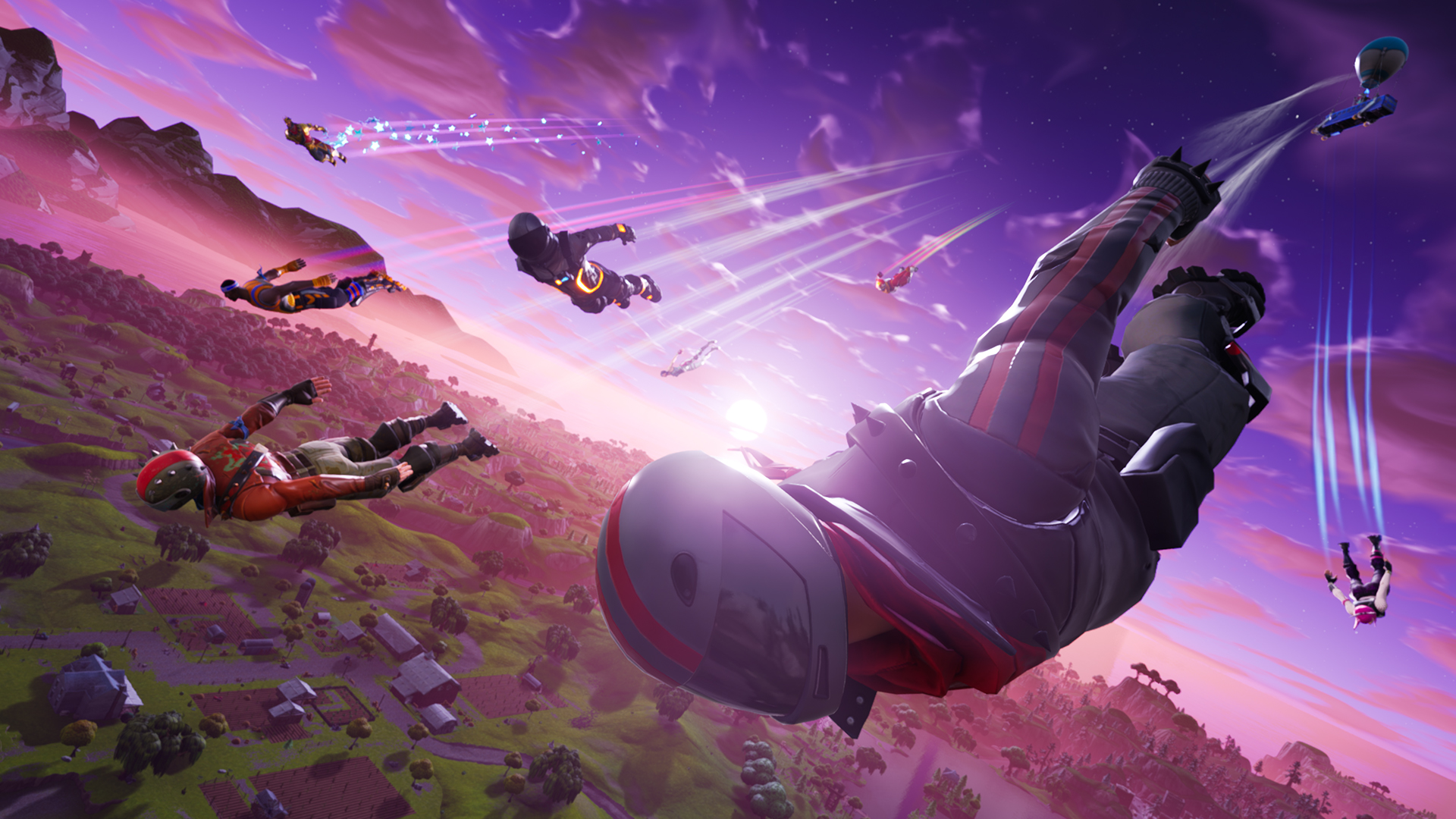
Scan the landscape of PC gaming and what do you see? Fortnite, obviously, as far as the eye can see, and PUBG, and lots (and lots) of other battle royale games. You also see pro teams battling for big money in Overwatch League, millions of League of Legends players logging in every day, a Dota International prize pool of $25 million, and games like CS:GO, Team Fortress 2, Ark, Rust, and Rainbow Six Siege regularly in the top games by player count on Steam.
The roots of all of these immensely popular games can be traced back to a common ancestor: mods. Mods don't just make games like Skyrim better and give them longer lives. Built by enthusiasts and volunteers working (typically) on their own time, mods have completely shaped the gaming landscape as we know it, inspiring not just some of the biggest games right now but over the past decade.
Hero shooters
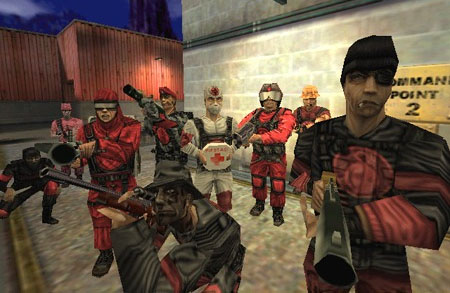
With the release of Quake in 1996 came QuakeC, which allowed for the customization of id Software's first-person shooter. Modders quickly began creating maps and mods for Quake, and one in particular stood out. Wanting to add classes of the sort found in Dungeons and Dragons and computer RPGs, the trio of Robin Walker, John Cook, and Ian Caughley created Quake Team Fortress. Using existing Quake weapons, QTF began with five player classes and eventually grew to nine (plus a civilian class). The three creators were hired by Valve to turn QTF into a Half-Life mod and then a standalone game that became Team Fortress, and in 2007, Team Fortress 2.
TF2 quickly became a hit and remains one of the most-played games on Steam (boosted by its transition to free-to-play in 2011). It's a clear precursor to hero shooters like Overwatch and its DNA can be found in other class-based multiplayer shooters like Rainbow Six Siege.
Siege also shares genes with Counter-Strike, another Valve game that originated as a mod. Back in 1999, Minh Le and Jess Cliffe created Counter-Strike as a mod for Half-Life. As with Team Fortress, CS was acquired by Valve (who also hired both Le and Cliffe) and made into a standalone game.
MOBAs
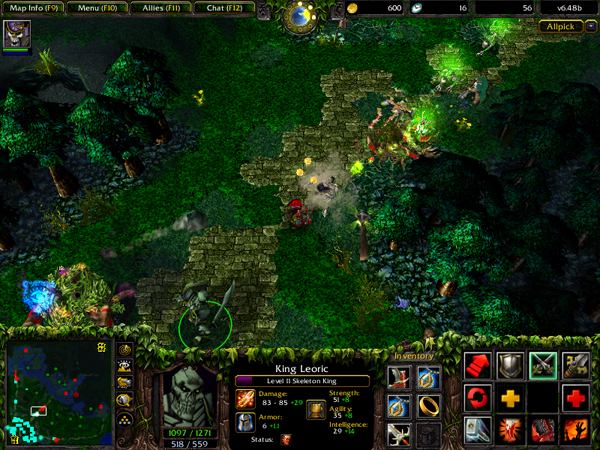
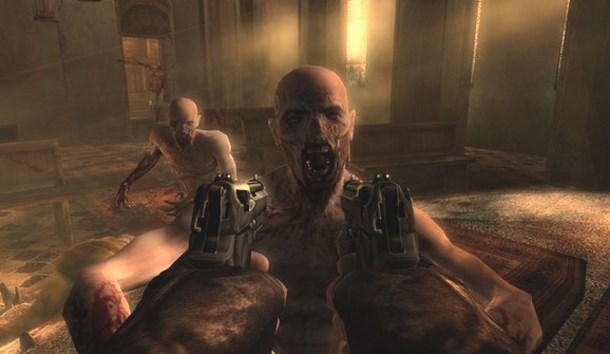
Mods gave us everything from Killing Floor to Alien Swarm to Sanctum. Here's how Unreal Tournament mods created a wave of successful indie studios.
Shooters aren't the only games that sprang from the minds of modders. The rise of the MOBA can be traced back to a custom map called Aeon of Strife for Blizzard's RTS Starcraft. At the time, there wasn't competitive play: players fought together against an AI enemy team along three lanes. But the seeds of the modern MOBA were planted, and a Warcraft 3 modder named Kyle Sommer released Defense of the Ancients in 2002, with other modders—including Steve Feak and the pseudonymous IceFrog—continuing its development. Dota increased the hero count from four to five per side, and added competitive multiplayer, so players could battle against one another.
IceFrog eventually went to Valve to become lead designer of Dota 2, and Feak went to Riot Games to lead development on free-to-play MOBA League of Legends, which tens of millions play each month (and which has netted Riot over a billion dollars in microtransactions). But it all began with a custom Starcraft map from 2002.
Keep up to date with the most important stories and the best deals, as picked by the PC Gamer team.
Survival games
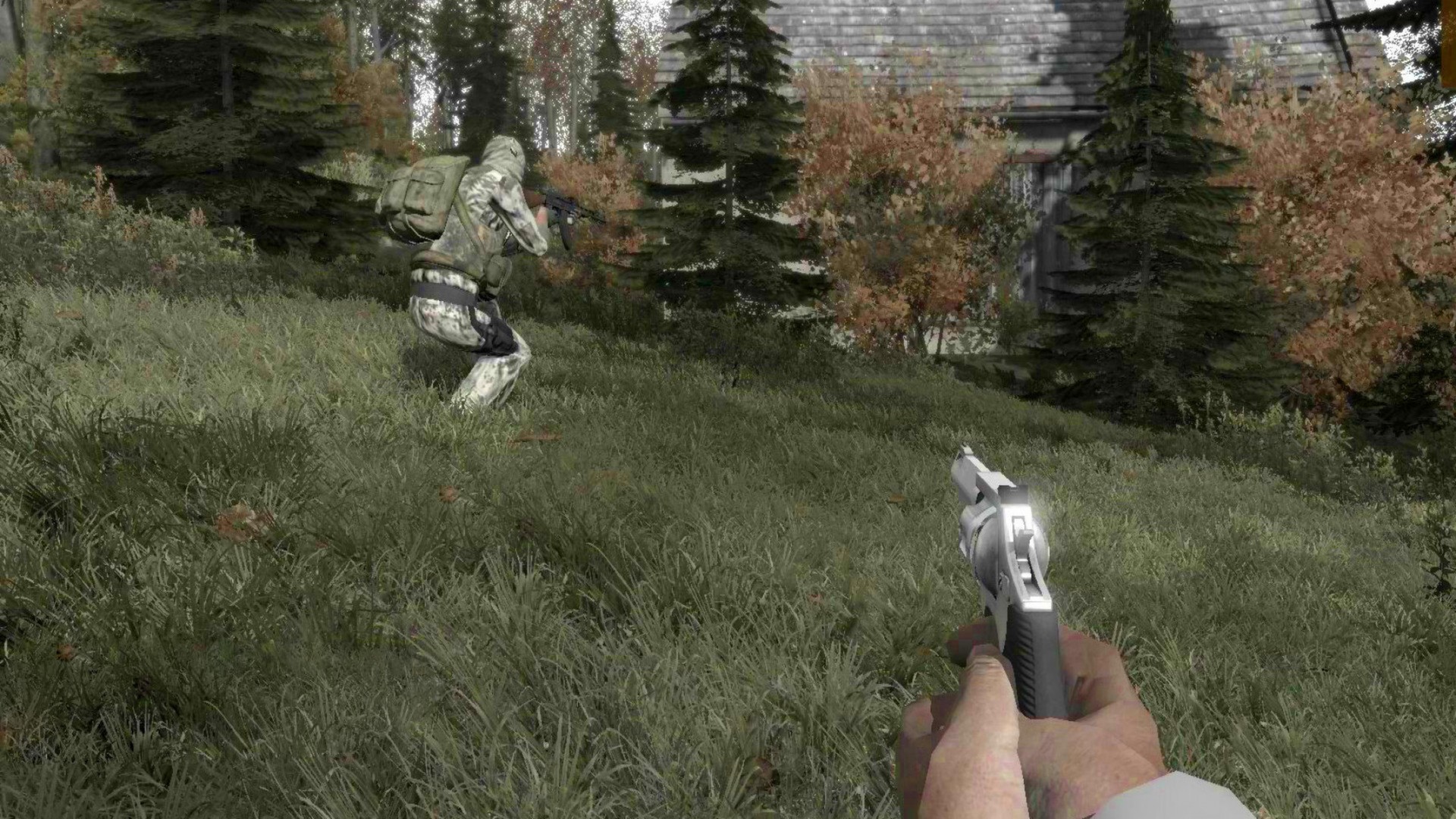
Before the battle royale craze we're swimming in today, there was the survival game glut. It arrived after the standalone version of Bohemia Interactive's DayZ sold more than three million copies in its first year (2013) of Early Access. The standalone success of DayZ led to years of other Early Access survival games appearing, like The Forest, Rust, Ark: Survival Evolved, and H1Z1 (later called Just Survive). Even free-to-play smash hit Unturned, which attracted 25 million downloads in its first two years of Early Access, has its roots firmly planted in DayZ.
But before DayZ was its own game, it was a mod for Arma 2 created by Dean Hall in 2012. The mod attracted over a million players in a few months, leading to Bohemia's decision to hire Hall and develop DayZ as a standalone game. While DayZ is still in Early Access and many of the games it inspired have since fully launched, it's still a major influence: most recently, survival game Scum sold over a million copies in Early Access after just a few weeks.
Battle royale
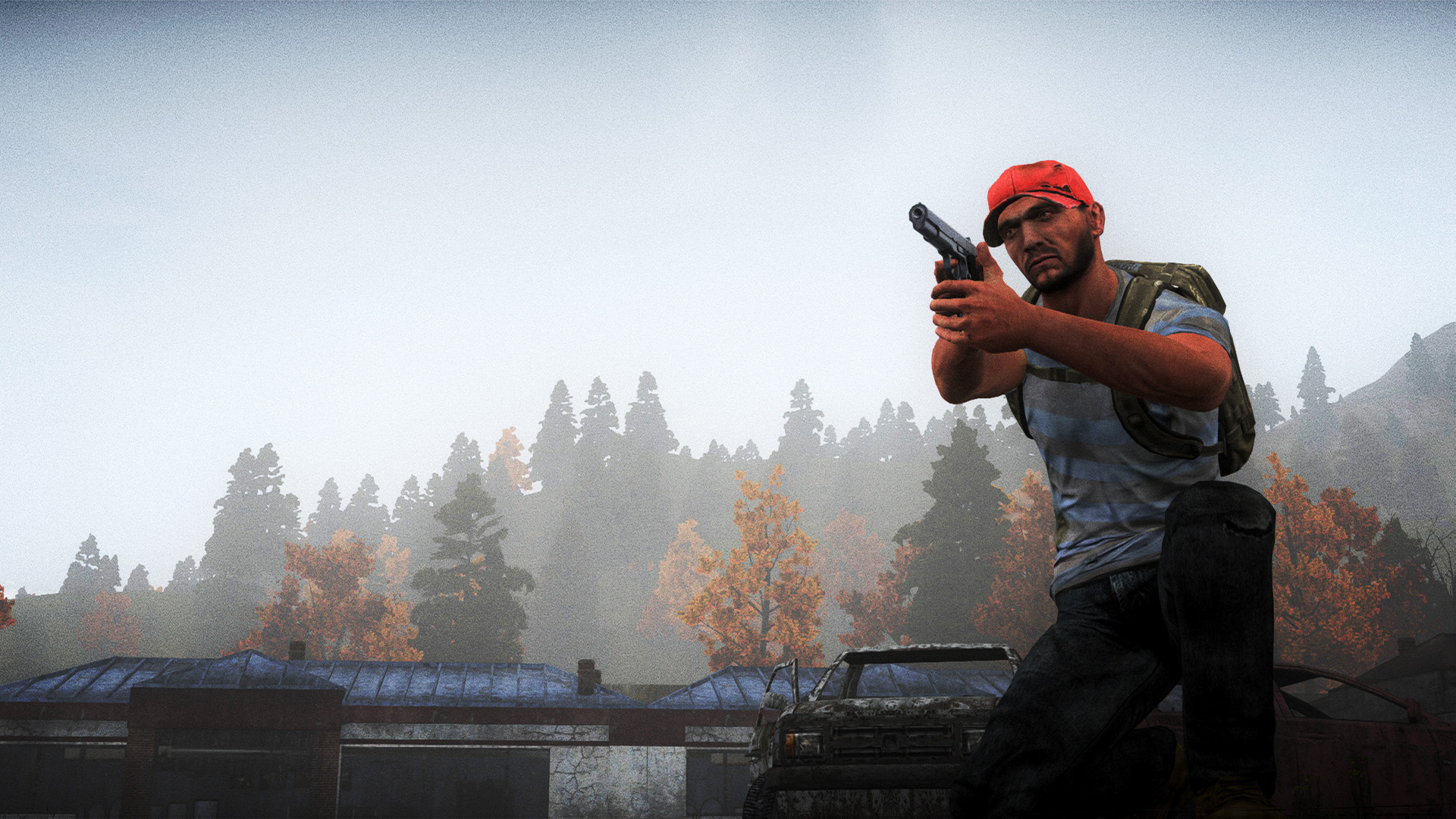
DayZ wasn't the only mod for Arma 2 to make major waves: there was also a little something called Battle Royale. Brendan Greene's BR mod began as an offshoot of Dean Hall's DayZ mod for Arma 2, and when DayZ moved into standalone development, Greene shifted his mod to Arma 3. A few years later, Greene was hired as a consultant for H1Z1's battle royale mode (then called King of the Kill), and joined South Korean developer Bluehole for the creation of PUBG.
Along the way an entirely new genre of gaming was born, and it continues to sprout new games seemingly every week. H1Z1 was a huge hit, PUBG was and still is a phenomenal smash, Fortnite has essentially taken over the entire world, plus the upcoming Call of Duty: Black Ops 4 and Battlefield 5 will both have battle royale modes. When Call of Duty replaces its campaign with a mode that started life as a mod, well, you know it's really hit the mainstream.
Survival games, class-based hero shooters, MOBAs, and the entire battle royale genre all have their origins in mods, and make up a massive part of the gaming landscape as we know it. Without imaginative and dedicated modders bringing their creations to life with years of hard work, it's really hard to imagine what games would look like today.

Chris started playing PC games in the 1980s, started writing about them in the early 2000s, and (finally) started getting paid to write about them in the late 2000s. Following a few years as a regular freelancer, PC Gamer hired him in 2014, probably so he'd stop emailing them asking for more work. Chris has a love-hate relationship with survival games and an unhealthy fascination with the inner lives of NPCs. He's also a fan of offbeat simulation games, mods, and ignoring storylines in RPGs so he can make up his own.

